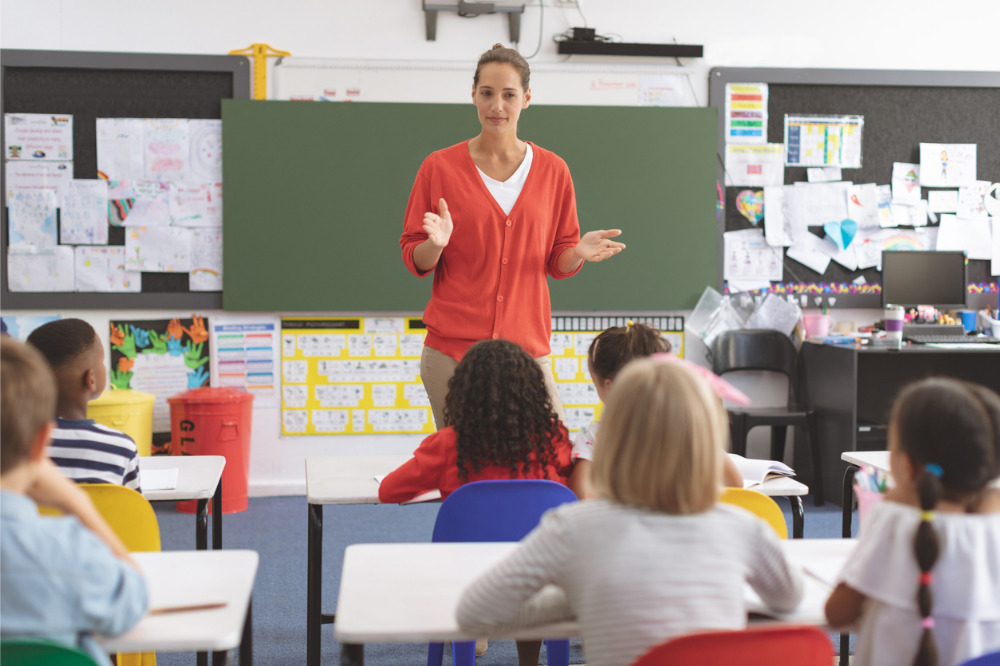
As a child, with much to learn, I became accustomed hearing my increasingly exasperated father say, “prevention is better than cure, son”, moments before he meted out what he hoped was a ‘cure’ for my recurring misdemeanours. The recent public commentary on the state of school education in our country reminds me of that message.
From the Australian Catholic University’s bleak report on the longitudinal study on principal health and wellbeing to the inflammatory “dud public teachers” remarks of our acting federal Education Minister, Stuart Robert, and almost everything in between, one thing is crystal clear. We are facing a monumental challenge to repair the damage done on many fronts, to the teaching profession, and by extension to the lives of our children.
Principals are being burnt out by excessive workload demands. Threats of, and actual violence toward school staff by parents are at intolerable levels, not that any level is tolerable. Little wonder then, that up-and-coming teachers don’t want the job.
The staffing crisis in schools, a crisis that has been spoken of for years now, has exploded. Schools everywhere are cannibalising specialist programs and splitting grades to simply cover casual teacher shortages on a scale never seen before at this time of year. We shudder to think of what lies in wait for us in the winter months.
To add insult to injury, reports by Save Our Schools (SOS) illustrate a clear pattern of bias in funding aimed squarely to the advantage of independent schools. Here in Victoria for example, combined Commonwealth and state projected funding estimates show that private schools will be over-funded by about $730m for the rest of the decade while public schools will be under-funded by nearly $20bn. NSW projected funding estimates are even worse, showing that private schools will be over-funded by $2bn for the rest of the decade while public schools will be under-funded by $21bn.
It's even harder then, to swallow ill-informed “dud public teacher” comments by acting federal Minister Roberts, when the government of which he is a member is busy being so discriminatory in favour of private schools in their funding!
Then there’s the issue of “disruptive classrooms” in Australian schools, based on limited, if not questionable OECD findings – the implication being that our teachers aren’t up to the job of managing student behaviour. Of course, this line of argument camouflages an ugly fact. That fact being that our students with disabilities and impairments programs in schools are broken. Simple as that. Waiting lists for student assessments being up to six months, a chronic and increasing shortage of skilled psychologists, speech pathologists and social workers available to schools and too often, inadequate funding to meet the needs of these children is more to the point.
Little wonder then that parents, students and staff are at, and too often beyond, breaking point.
The past two pandemic years have highlighted the fragility of our profession; a fragility for too long papered over by the “love of teaching” mantra ascribed to members of our profession. Sadly, exploited too, I may add.
There are calls for us to “talk up the profession”. That will be so much more enthusiastically done when our governments, for their part, engage in more preventive behaviours in future, rather than what too often appears as self-serving window dressing.
Henry Grossek is principal of Berwick Lodge Primary School in Melbourne.


